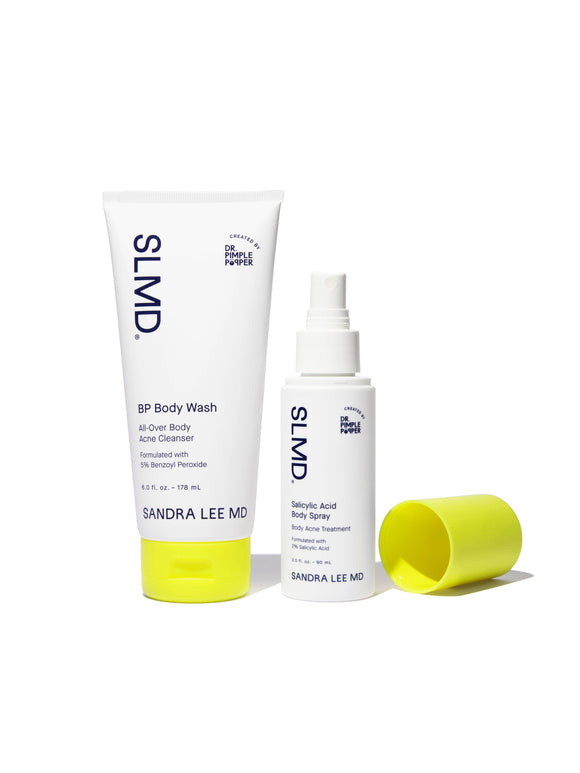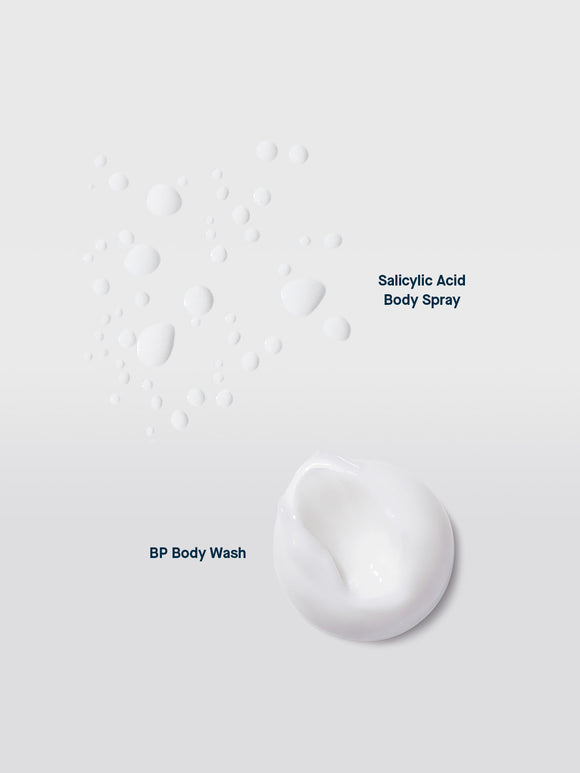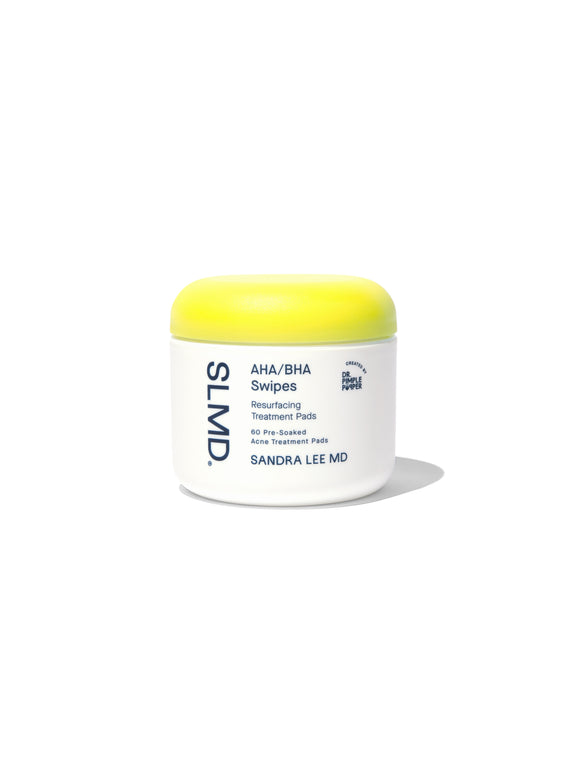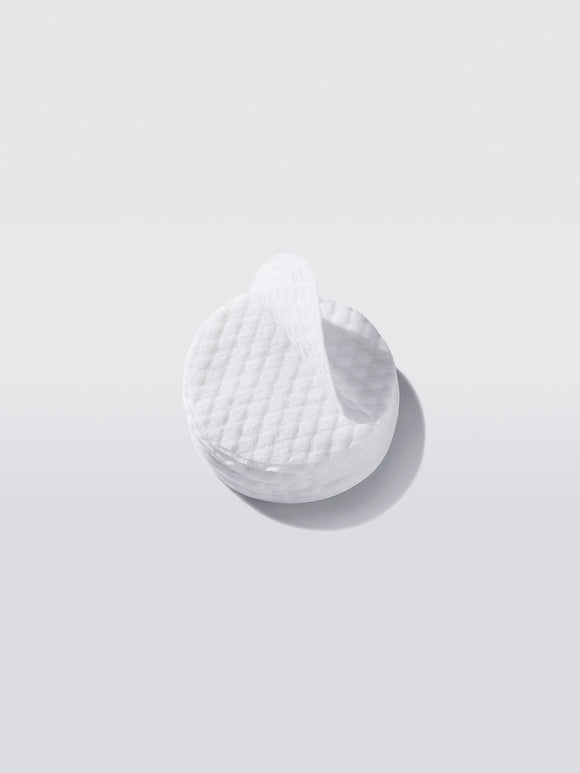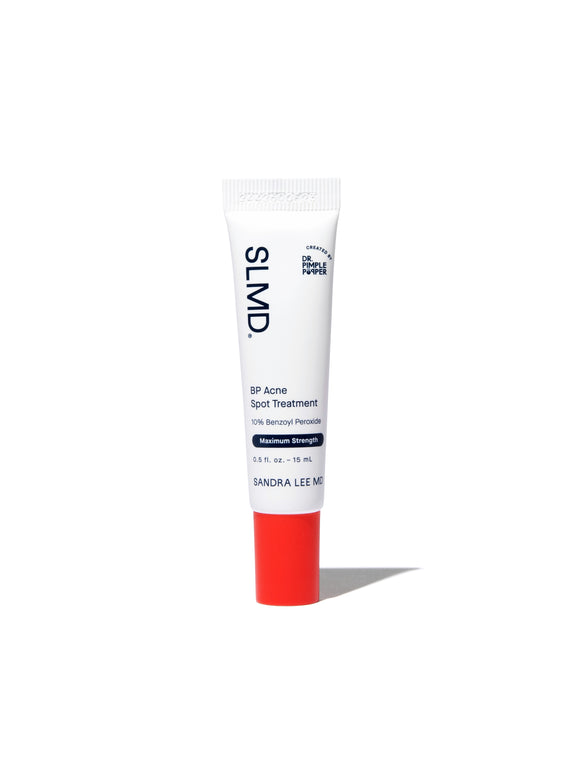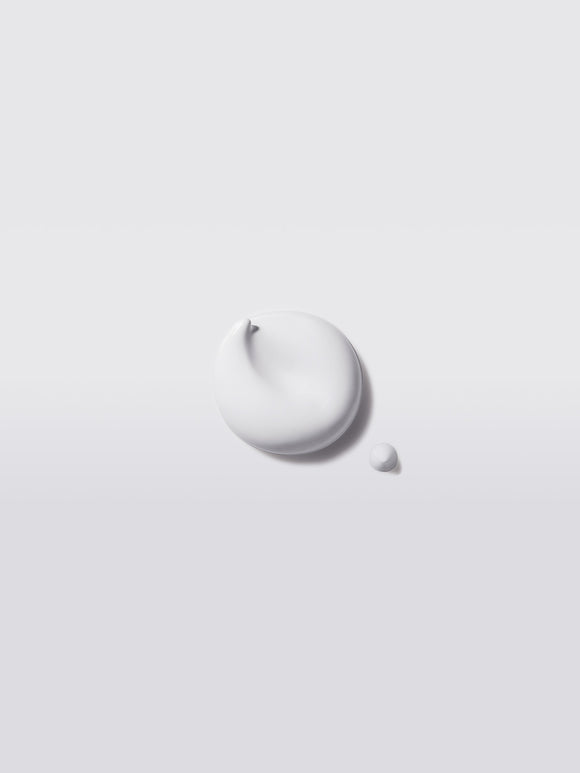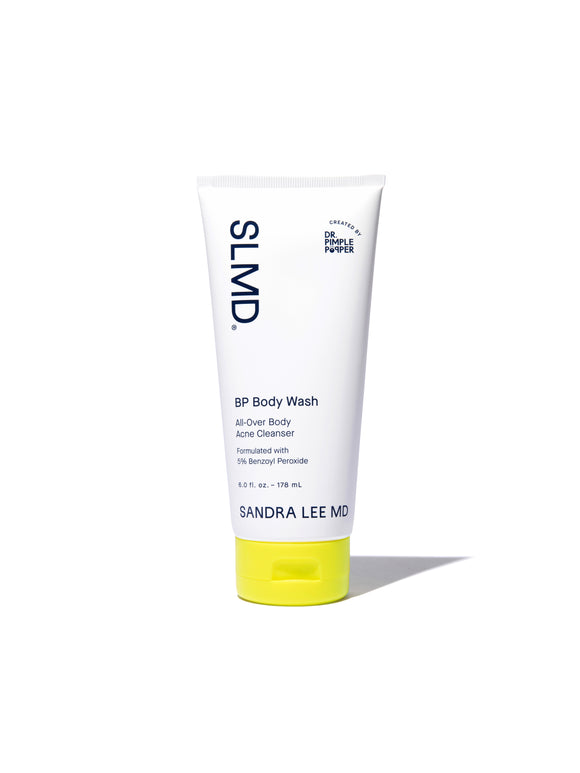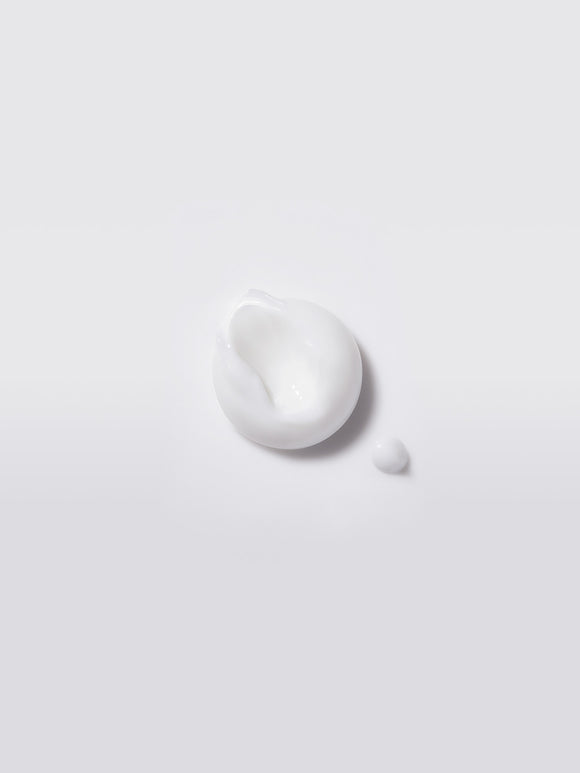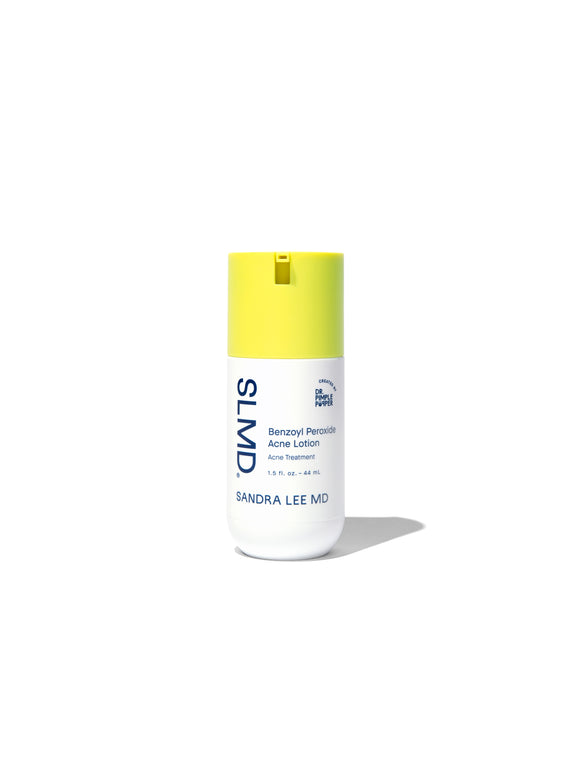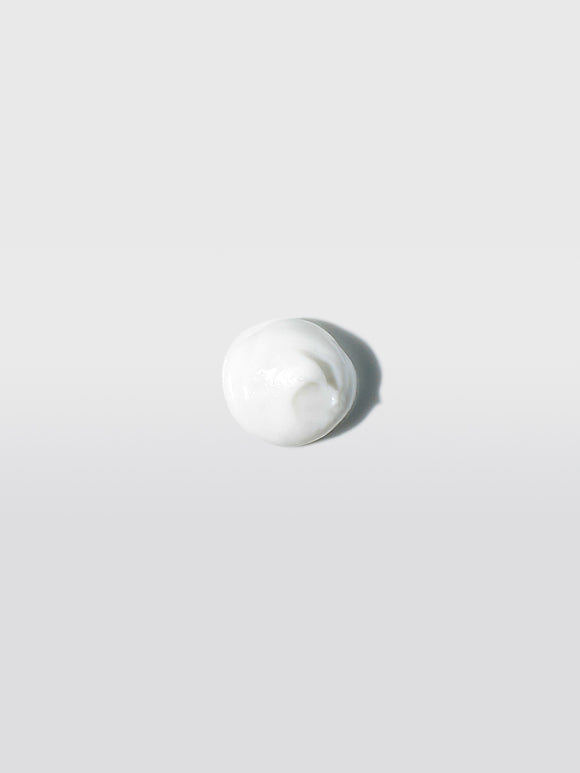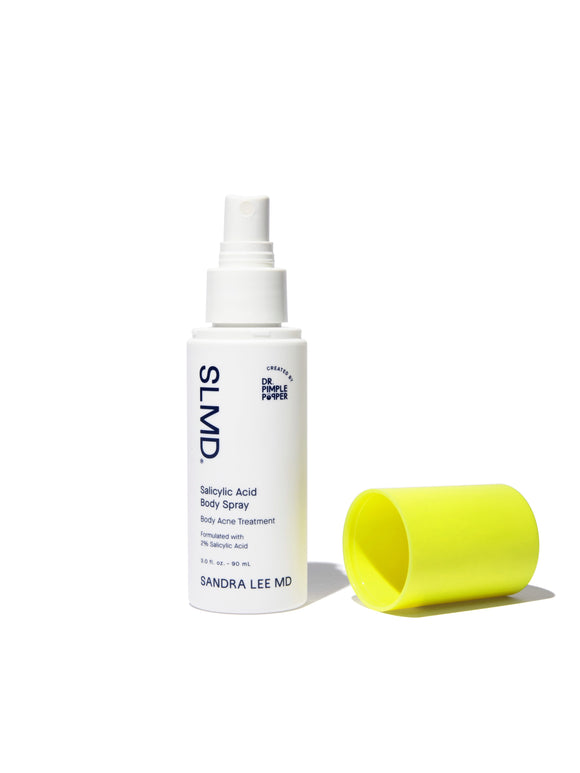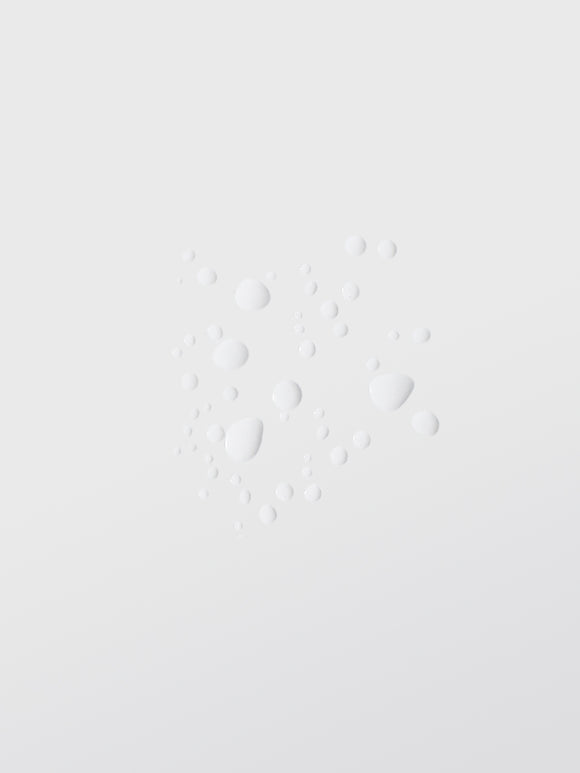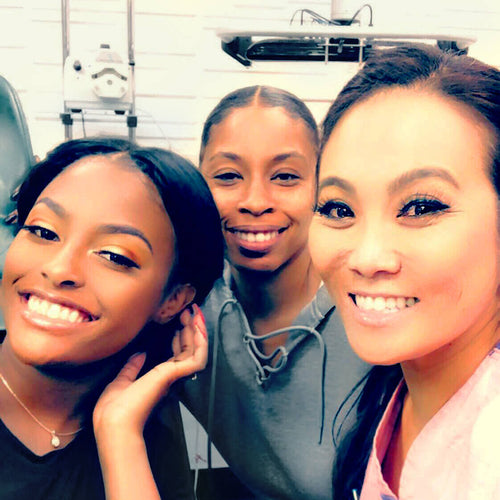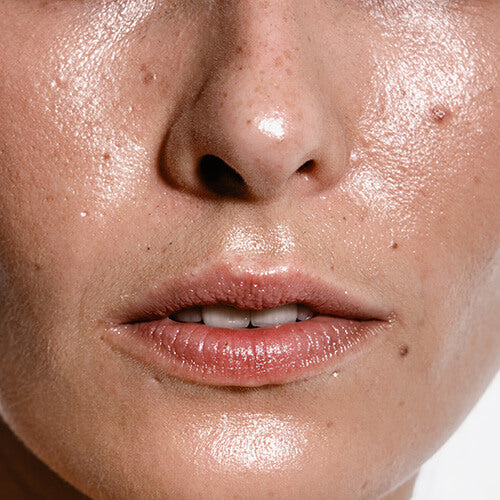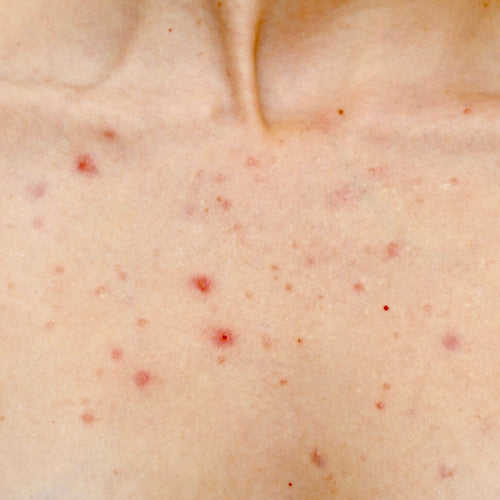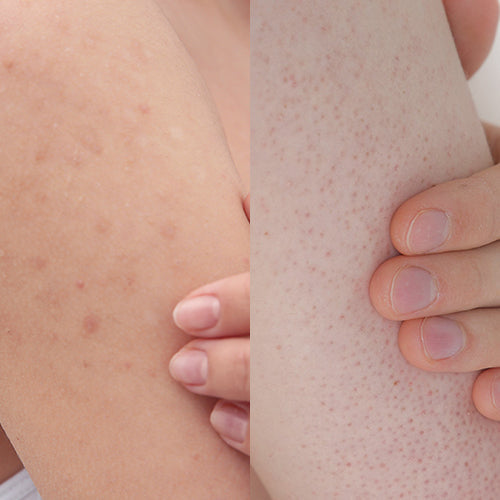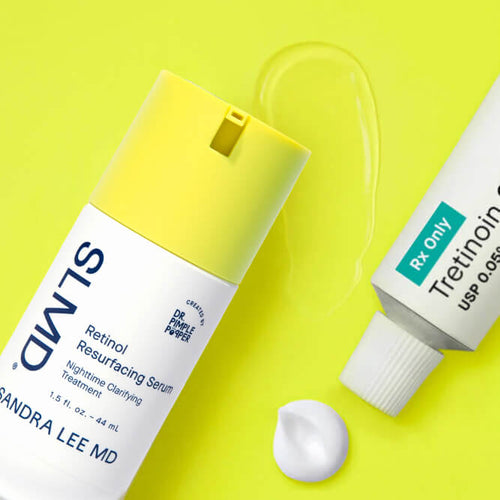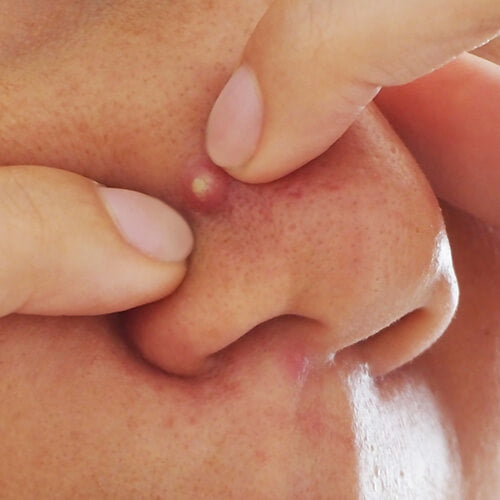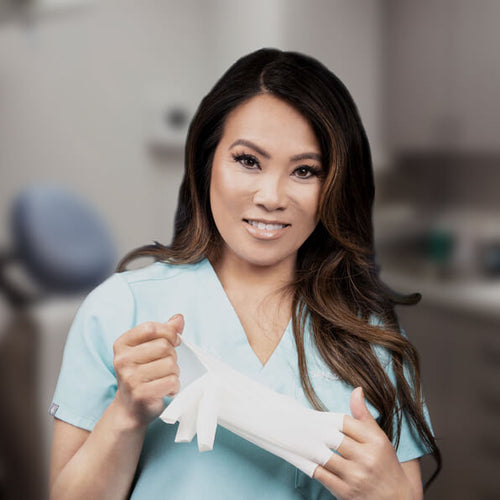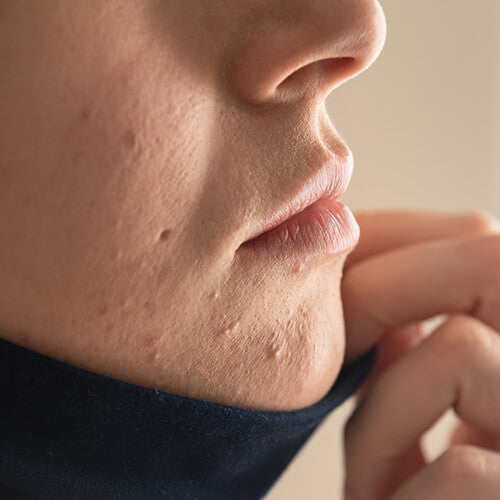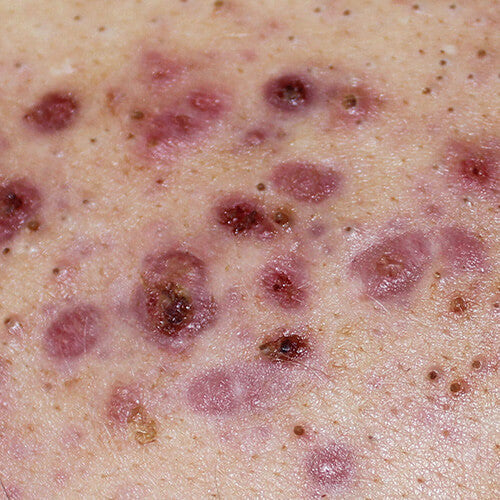
Rare Types of Acne: How to Know If It’s Something Serious
Dr. Pimple Popper shares signs your acne might be something more.
Published:
4 minute read
Most acne falls under the category of acne vulgaris — the blackheads, whiteheads, and inflamed pimples that are part of growing up (and often, adulthood too). These breakouts typically respond to dermatologist-approved treatments like salicylic acid and benzoyl peroxide. But what if they don’t?
According to board-certified dermatologist Sandra Lee, MD (aka Dr. Pimple Popper), if your acne isn’t improving after a few months of consistent treatment — or if it’s painful, scarring, or accompanied by unusual symptoms — it might be time to talk to a doctor. In rare cases, acne can point to an underlying condition, including chronic inflammatory or autoimmune disorders.
Let’s take a closer look at some of the less common — but more serious — types of acne, and when to seek professional care.
Article Quick Links
What is considered rare acne?
To recognize something unusual, it helps to understand what’s typical. Acne vulgaris usually develops during the teenage years, when hormone surges trigger the sebaceous (oil) glands. That excess oil, combined with dead skin cells, can clog pores — leading to different types of breakouts:
- Non-inflammatory acne: blackheads and whiteheads caused by clogged pores pores
-
Inflammatory acne: papules, pustules, nodules, and cysts caused by a bacterial and immune response
This type of acne is common in teens and increasingly affects adults, especially women, due to hormones, stress, medications, or other lifestyle factors.
When should you see a dermatologist for acne?
We’ve covered this one before, but in a nutshell: If you’ve been using over-the-counter acne treatments consistently for 8–12 weeks and haven’t seen improvement — it’s time to get evaluated. According to Dr. Lee, this is especially true if you’re seeing:
- Painful, scarring breakouts
- Symptoms like joint pain, fatigue, or fever
- Sudden, severe acne flare-ups after starting a new medication
- A family history of autoimmune or inflammatory skin conditions
Some rare forms of acne don’t respond to typical treatments — and may require prescription medication or a full medical workup.
Dr. Pimple Popper's Top Acne Solutions
Rare acne-related medical conditions
Though uncommon, some genetic and autoimmune syndromes are linked to severe acne. These include:
- SAPHO syndrome: A disorder involving bone inflammation and severe acne
- PAPA syndrome: A genetic condition that combines arthritis with deep, painful breakouts
- PASH syndrome: A skin-focused inflammatory condition with abscesses and acne
- PAPASH syndrome: A more complex disorder involving skin, joints, and immune system
These conditions are typically diagnosed by a specialist and require long-term management.
Rare types of acne (and what to look for)
Some of the most severe types of acne are associated with the autoimmune conditions we detailed above, while some are unrelated. Although considered quite rare, here are three that definitely require a visit to the dermatologist.

Acne conglobata
A severe, disfiguring form of acne marked by deep, interconnected nodules and abscesses. Often results in permanent scarring and foul-smelling discharge.
Acne fulminans
Also known as acne maligna, this is an abrupt and extreme form of acne with systemic symptoms like fever and joint pain — but no blackheads or whiteheads.
Acne inversa (hidradenitis suppurativa)
A chronic inflammatory condition of the apocrine sweat glands, marked by painful abscesses, cysts, and scarring — often misdiagnosed as typical acne.
How can you tell if you have a rare form of acne?
Most breakouts are manageable at home (with a routine like SLMD Acne System or Body Acne System) — but here are Dr. Lee’s signs that you may need professional care:
- Your acne hasn’t improved after 3 months of consistent treatment
- You're developing scars or experiencing significant pain
- You notice other symptoms like fever, joint swelling, or excessive hair growth
- You're taking medications or have been exposed to chemicals linked to acne
- You have a family history of autoimmune or inflammatory disorders
FAQs: Rare acne, serious symptoms & what to do
Q: Can acne ever be dangerous?
A: In rare cases, yes. Severe or unusual breakouts can signal an underlying autoimmune or inflammatory disorder and may require medical treatment.
Q: What’s the difference between acne vulgaris and rare acne types?
A: Acne vulgaris includes everyday blackheads, whiteheads, and pimples. Rare types tend to be painful, resistant to treatment, and often cause scarring or systemic symptoms.
Q: What should I do if I think I have a rare form of acne?
A: Start by seeing a dermatologist. If you can’t get an appointment, consult your primary care provider for initial evaluation and possible referral.
Q: Which products are best for typical acne?
A: Dermatologist-developed routines like the SLMD Acne System and Body Acne System are formulated to treat the most common types of acne effectively.

Dr. Lee's Last Word
Most acne can be managed at home with the right routine — but if your breakouts are severe, unusual, or not improving, it could be something more. A dermatologist can help you get the right diagnosis and treatment.





